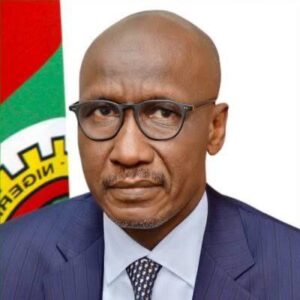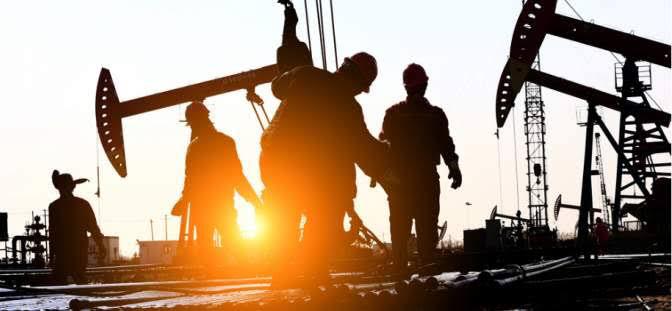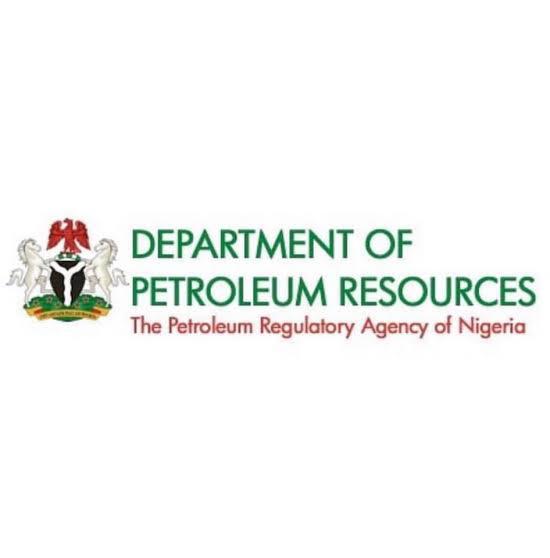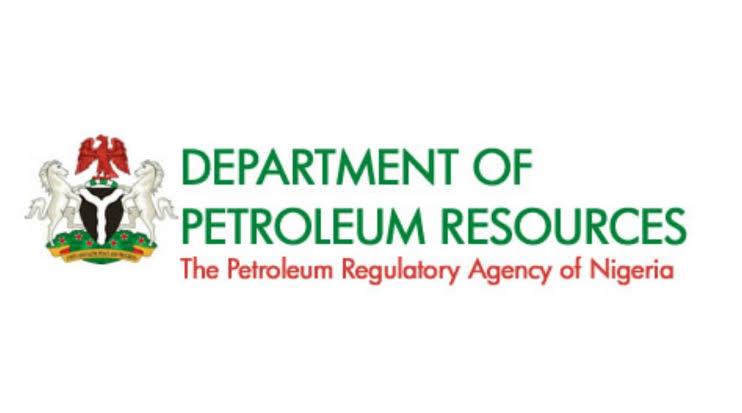 The Group Managing Director of the Nigerian National Petroleum Corporation, NNPC, Mele Kyari, has disclosed that the Nigerian government may hold another oilfield licensing rounds in 2021, especially in the deep and ultra-deep waters of the Niger Delta.
The Group Managing Director of the Nigerian National Petroleum Corporation, NNPC, Mele Kyari, has disclosed that the Nigerian government may hold another oilfield licensing rounds in 2021, especially in the deep and ultra-deep waters of the Niger Delta.
If it holds, it will be happening just a year after the country’s first licensing round in almost two decades (whose winners are yet to be made public by the Department of Petroleum Resources).
He made this known over the weekend during an e-interview organised by the Society of Petroleum Engineers (SPE) International. He said the round which was originally scheduled for this year was postponed due to the COVID-19 pandemic but may hold next year with the current global oil price rebound.
He said the NNPC will soon ramp up production to about three million barrels per day when the current Organisation of Petroleum Exporting Countries (OPEC) cuts are lifted.
He said the desire of the oil company to reach crude oil reserves of up to 40 billion barrels is making it look beyond the Niger Delta to the frontier basins where it recently discovered oil in commercial quantities.
He noted that there has been an increase in the demand for gas in the country recently. He said the country is on track to produce 3 million bpd by 2023, highlighting that before the OPEC production cuts, Nigerian was already producing 2.49 million barrels.
Excerpts from his submission:
“This company will break even, hopefully by the end of this year, and become a net deliverer of value to our country and beyond that we are improving our systems and processes, reshaping our portfolios and shifting our priorities to things that work and things of value.”
“For us, the ambition is to take the company to the next level and to do that, we need to go international and to do that, you must be competitive and ahead of your game so that this company will be the pride of this country. We need to deliver excellence, transparency and accountability.”
“There isn’t much of exploration going in the Niger Delta because of many reasons, including the immediate impact of COVID-19. We are looking to restore that.”
“Our ambition is to grow to 40 billion barrels of proven reserves and increase gas assets. To do this, you have to go to the frontier areas and there are a number of them. Currently, we have found one in Benue trough with substantial quantity.”
“This has also led us to understand the area and see the vast potential elsewhere in the frontier basin. And we are doing some exploration work and seismic data work in those areas.”
“There are still potential in the ultra-deep Niger Delta, which has very little exploration. I know that by 2021, we will go into some form of licensing activities so that we can reopen the ultra-deep and some parts of the deepwater and also look at the opportunities on some of the onshore assets that have not been explored.”
“So, there are huge opportunities in 2021 to 2022 with all its shortcomings, which are very obvious. We have seen a rebound in commodity prices and also some form of relaxation on the OPEC platform so that people will have the confidence to go back to more exploration.”
“Our energy needs are very challenging; power supply is a problem. So, probably 60 per cent has access to power. So, we know that gas is the solution and we are supporting all the structures that will ensure that by putting major trunk lines and facilities so that ultimately gas comes to the domestic market.”
“We are also not oblivious that we have huge gas resources and it can be exported. To do that, our Train 7 expansion programme took off during the COVID-19 pandemic and there are a number of large-scale exports in the offing.”



